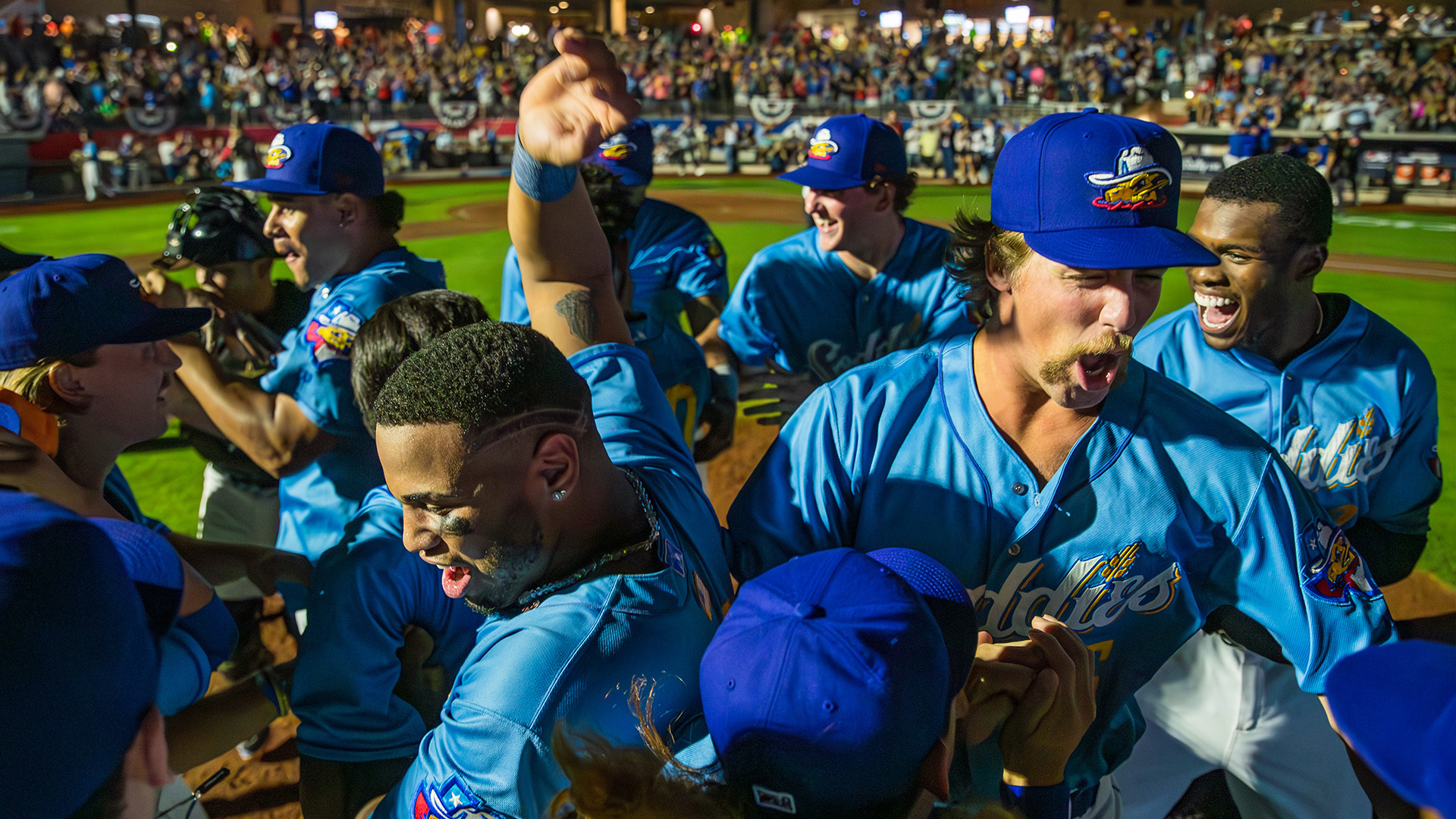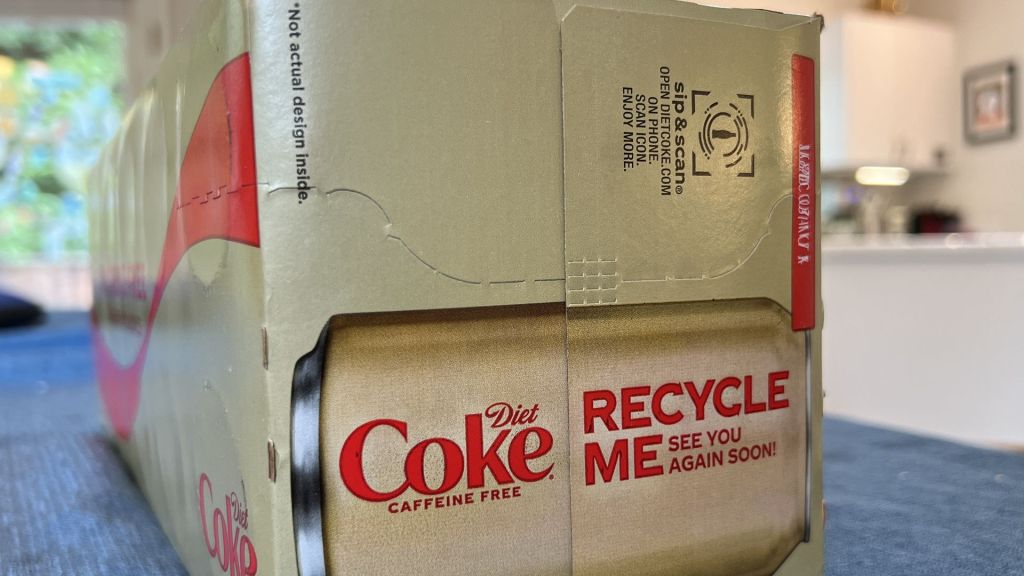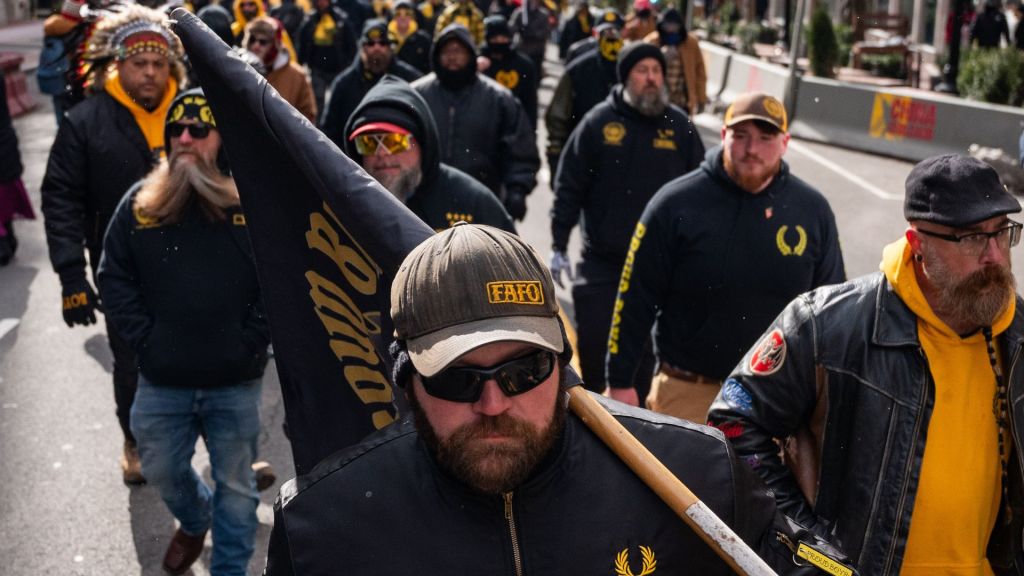
Simone Del Rosario: Major League Baseball is holding onto something more valuable than Babe Ruth’s jersey or Shohei Ohtani’s 50/50 ball … it’s the license to operate outside the law, and Sen. Dick Durbin wants to take a piece of it away.
The Fair Ball Act would strengthen protections for minor league baseball players, who for years struggled under the MLB’s antitrust exemption, which allowed the league to pay them less than minimum wage. The Fair Ball Act attempts to roll back a part of the 2018 Save America’s Pastime Act, which codified MLB teams’ exemption from minimum wage and overtime laws.
Let’s go through a little recent history to see how we got here. Back in 2014, former players formed a class action and sued the league, claiming it violated the federal Fair Labor Standards Act and state wage laws. Players claimed to work 50 to 60 hours every week during the season and weren’t even paid for work done during camps outside of the regular season. To be clear, some minor leaguers were getting paid as little as $5,000 a year.
Enter the Save America’s Pastime Act, which lawmakers introduced in 2016. The MLB lobbied hard for this one to protect its minor league pay practices from this class-action lawsuit. At the time, the bill didn’t get much traction but lawmakers eventually slid it into a 2018 omnibus spending package.
Former minor league player and lawyer behind the antitrust suit, Garrett Broshuis, told ESPN:
“It was snuck in on page 1,967 of the bill in the dark of night. Most of the congressmen and congresswomen didn’t know it was in there when they were voting for it.”
Fast forward to 2022, the MLB settled the lawsuit and agreed to pay minor leaguers $185 million in back pay. As a result, about 24,000 players from the minors between 2009 and 2022 were eligible for payments averaging around $5,000.
That same year, minor leaguers made history by joining the MLB Players Association, getting union representation for the first time. The MLBPA then agreed to a five-year labor contract that significantly increased salaries and confirmed players would be paid for off-season work.
So here’s where we are today. Minor leaguers are getting paid a lot better, they have more perks and protections than ever before, and a union backing them up. So what are Sen. Dick Durbin and his colleagues trying to change?
I’ll tell you, but first, let me give you a taste of Durbin’s passion and advocacy for America’s favorite pastime. This is from 1989.
Sen. Durbin: Baseball fans have been forced to endure indignities by those who just can’t leave well enough alone. Designated hitters, Plastic Grass, Uniforms that look like Pajamas, Chicken Clowns dancing on the baselines and the most heinous sacrilege, Lights in Wrigley Field.
Simone Del Rosario: I’ve been to many night games at Wrigley, it’s not all that bad. But you get the gist. Today, he’s still a fierce advocate of the game, and while the current Collective Bargaining Agreement – or CBA – gives minor leaguers a better wage, the law on the books, the Save America’s Pastime Act, says the MLB doesn’t have to pay them a fair wage.
Durbin says, “While I commend MLB for voluntarily recognizing the unionization of Minor League Baseball Players in 2022, it is time to rollback SAPA in deference to the gains made by that historic unionization.”
Durbin’s proposed Act says that as long as the MLB maintains a union-negotiated agreement with minor leaguers, they can keep their fair wage exemption. But if they don’t have a CBA, all federal wage and hour laws apply. He says it “would prevent MLB from using SAPA’s broad exemption as leverage during the next round of CBA negotiations.”
The players union says its more than 6,000 members are in full support of the Fair Ball Act. In a letter to Durbin, MLBPA Executive Director Tony Clark said:
“For decades, the living and working conditions faced by Minor League ballplayers were indefensible. Whether in the form of poverty-level wages, substandard living conditions, or inadequate food and nutrition (to name just a few), Minor Leaguers were treated as secondclass citizens instead of the world-class athletes that they are. This indignity was enabled by an illogical and anachronistic antitrust exemption and, more recently, by the perversely named ‘Save America’s Pastime Act,’ a 2018 Congressional mandate enacted for the league and team owners that stripped Minor Leaguers of minimum wage protections enjoyed by millions of other Americans.”
The MLB, meanwhile, has not commented on the bill. Congress is only scheduled to be in session for about three more weeks through the rest of the year and they have a major spending bill to address before December 20th. The Fair Ball Act may have to wait until the next session of Congress for a look if it’s not shoehorned into other legislation like the Act it aims to blunt.











